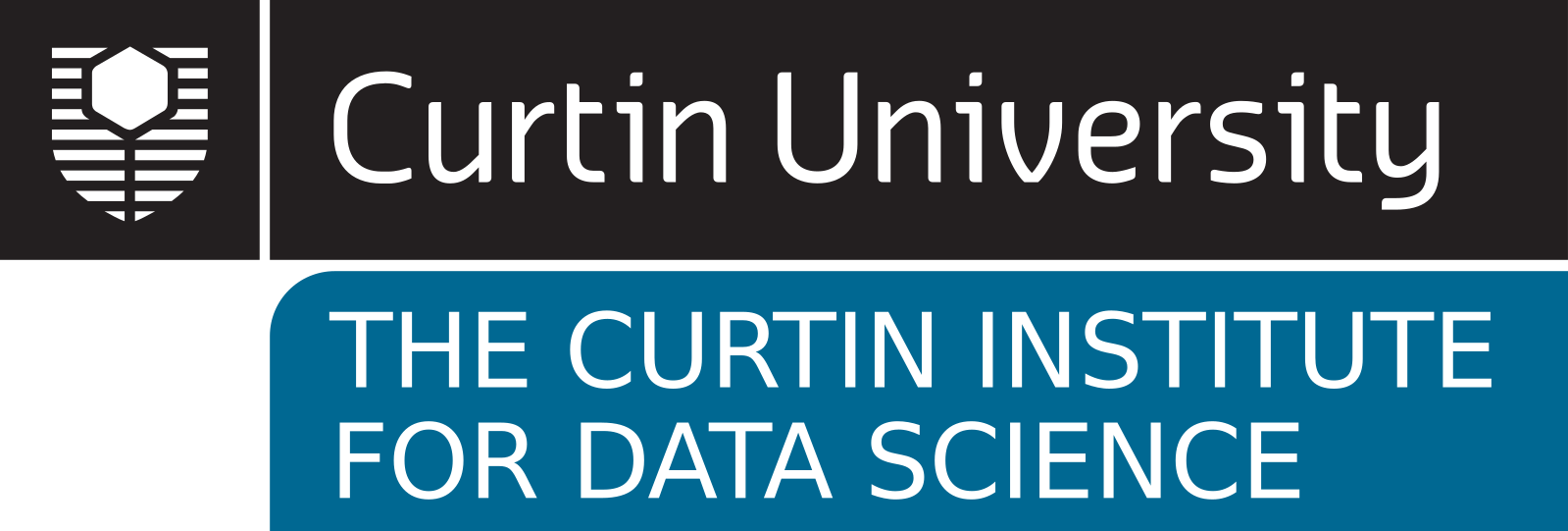CIDS Python Workshop
Curtin University
September 4th-5th 2024
9am-4:30pm AWST
Instructors: Calvin Pang, Leigh Tyers, Paul Hancock, Daniel Marrable
Helpers: Alex Massen-Hane, Kathryn Napier, Kristina Gagalova, Martin Cupák, Nancy Tippaya, Rhys Sheil

General Information
The Carpentries project comprises the Software Carpentry, Data Carpentry, and Library Carpentry communities of Instructors, Trainers, Maintainers, helpers, and supporters who share a mission to teach foundational computational and data science skills to researchers. This workshop is a 2-day blend of both Software Carpentries and Data Carpentries.
Software Carpentry aims to help researchers get their work done in less time and with less pain by teaching them basic research computing skills. This hands-on workshop will cover basic concepts and tools, including program design, version control, data management, and task automation. Participants will be encouraged to help one another and to apply what they have learned to their own research problems.
Data Carpentry develops and teaches workshops on the fundamental data skills needed to conduct research. Its target audience is researchers who have little to no prior computational experience, and its lessons are domain specific, building on learners' existing knowledge to enable them to quickly apply skills learned to their own research. Participants will be encouraged to help one another and to apply what they have learned to their own research problems.
For more information on what we and the Carpentries teach and why, please see the Carpentries' papers "Good Enough Practices for Scientific Computing" and "Best Practices for Scientific Computing".
Who:
The course is aimed at graduate students and other researchers.
You don't need to have any previous knowledge of the tools
that will be presented at the workshop (but you do need to know how to use a laptop).
Where:
Building 105, Room 542
Kent St, Bentley.
Get directions with
OpenStreetMap
or
Google Maps,
or
Curtin Mazemaps.
When:
September 4th-5th 2024; 9am-4:30pm AWST
Add to your Google Calendar.
Requirements:
Participants must bring a laptop with a
Mac, Linux, or Windows operating system (not a tablet, Chromebook, etc.) that they have administrative privileges on.
They should have a few specific software packages installed and set up (listed on the setup page).
Accessibility:
We are committed to making this workshop
accessible to everybody.
The workshop organizers have checked that:
- The room is wheelchair / scooter accessible.
- Accessible restrooms are available.
Contact:
Please email
curtinids@curtin.edu.au
for more information.
Roles:
To learn more about the roles at the workshop (who will be doing what),
refer to our Workshop FAQ.
Who can attend?
This workshop is open to Curtin University researchers and HDR students.
What do I need to do before attending?
Before attending please ensure you've followed the setup . This means you should have:
- Installed VSCode
- Installed the python enviornment
- Can run the confirmation script and get the required output
Code of Conduct
Everyone who participates in Carpentries activities is required to conform to the Code of Conduct. This document also outlines how to report an incident if needed.
Surveys
Please be sure to complete these surveys before and after the workshop.
Schedule
Day 1
| Before | Pre-workshop survey |
| 8:30 | Arrival and initial set-up help (if needed) |
| 9:00 | Introduction to the Workshop and Tools |
| 9:30 | Python Fundamentals |
| 10:15 | Morning Tea |
| 10:30 | Analysing Patient Data |
| 11:15 | Visualising Patient Data |
| 12:00 | Lunch break |
| 13:00 | Storing Multiple Values in Lists |
| 14:00 | Afternoon Tea |
| 14:15 | Repeating Actions with Loops |
| 16:00 | Wrap-up |
| 16:30 | End of Day 1 |
Day 2
| 08:30 | Arrival and initial set-up (if needed) |
| 9:00 | Revision |
| 9:15 | Analysing Data from Multiple Files |
| 10:15 | Morning Tea |
| 10:30 | Making Choices |
| 11:30 | Creating Functions |
| 12:30 | Lunch break |
| 13:30 | Introduction to Pandas |
| 14:30 | Afternoon Tea |
| 14:45 | Introduction to Pandas cont. |
| 16:00 | Wrap-up & Post-workshop Survey |
| 16:30 | End of Python Day 2 |
Setup
To participate in this workshop,
you will need to follow the instructions on the setup page
In addition, you will need an up-to-date web browser.
The Carpentries maintain a list of common issues that occur during installation as a reference for instructors that may be useful on the Configuration Problems and Solutions wiki page.
Glosario is a multilingual glossary for computing and data science terms. The glossary helps learners who attend workshops and use our lessons to make sense of computational and programming jargon written in English by offering it in their native language. This glossary may be useful for looking up unknown terms while following the setup.